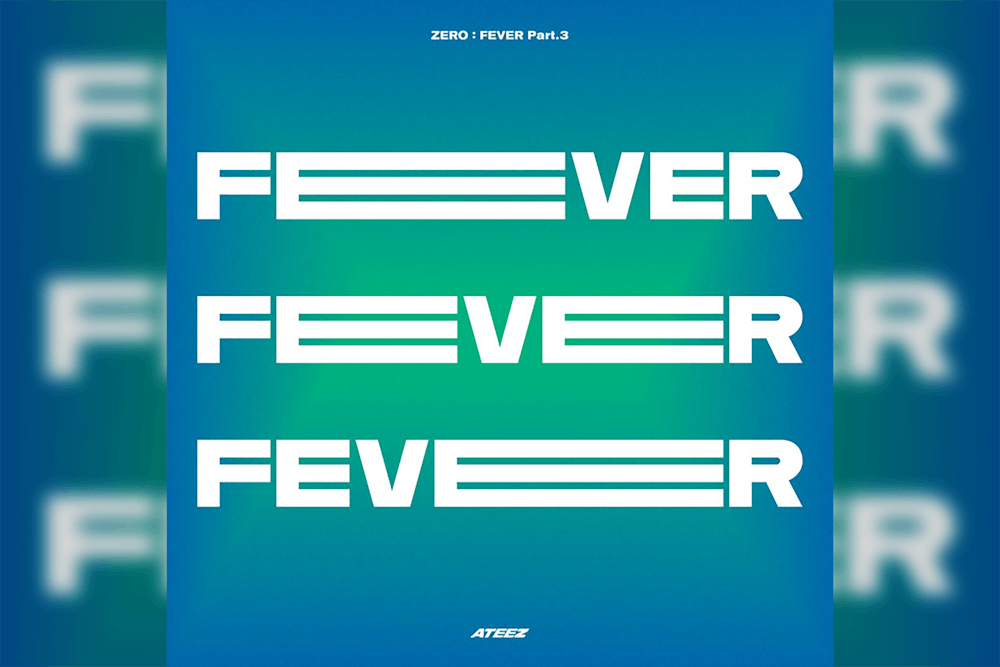K-pop group ATEEZ released their seventh EP, “ZERO: FEVER Part.3” on Sept. 13 and its message tells the group’s journey as rising idols in K-pop.
This EP is the third release in the series “ZERO: FEVER.” According to Tamar Herman at Forbes Magazine, who interviewed the group, the title represents the “fever” of the ups and downs of a K-pop idol. The group sees their careers as an experience, celebrating the failures and triumphs.
With only six songs, ATEEZ made a strong impression with this EP and avoided being repetitive and stale.
The first four songs maintain the group’s fresh and upbeat style aiming for maturity in sound and lyrics.
“Eternal Sunshine” starts off the album with an uplifting tone, highlighting the feelings of joy and memories. The line, “we shine like eternal sunshine” is central to the song, and reflects the group’s journey to success.
The next two songs, “Feeling Like I Do” and “Deja Vu”, are a modern take on falling in love and avoiding a basic love song. These songs each give a polar opposite expression of love.
In “Feeling Like I Do,” the members sing about wishing for the one they love to feel the same way they do.
Listeners are then hit with a deep, sensual vibe in “Deja Vu,” when the artists depict the supposed insanity and obsession of another after just one look.
Probably the most iconic song of the album is “ROCKY.” Listeners can go back in time with this film tribute with a K-pop twist. The song expresses how competitive the K-pop genre is, combined with a powerful beat and assertive lyrics. Like the boxer Rocky, they look at themselves as the champions of K-pop.
Shifting from energetic to a more calming atmosphere, the last two songs pertain solely to ATEEZ as the album takes on a deeply personal identity.
“All About You,” a mellow EDM song, is an interpretation of love about rabbits and the moon.
Rabbits on the moon relate to a South Korean saying of how people wish for a fulfilling life while looking up at the full moon. As a symbol of fertility, the rabbit expresses the group’s hopes to remain in their youth and enjoy a bountiful life through their love.
Wrapping up the album, “Not Too Late” ends on a surprisingly melancholic note. Rather than express feelings of love and togetherness, the dark side of K-pop is revealed through ATEEZ’s messages of loneliness and difficulty in obtaining originality in their image and songs.
ATEEZ has the ability to appeal to more than the assumed demographic of teenage fangirls. The messages of youth and pathways within one’s journey are at the heart of ATEEZ’s music.




